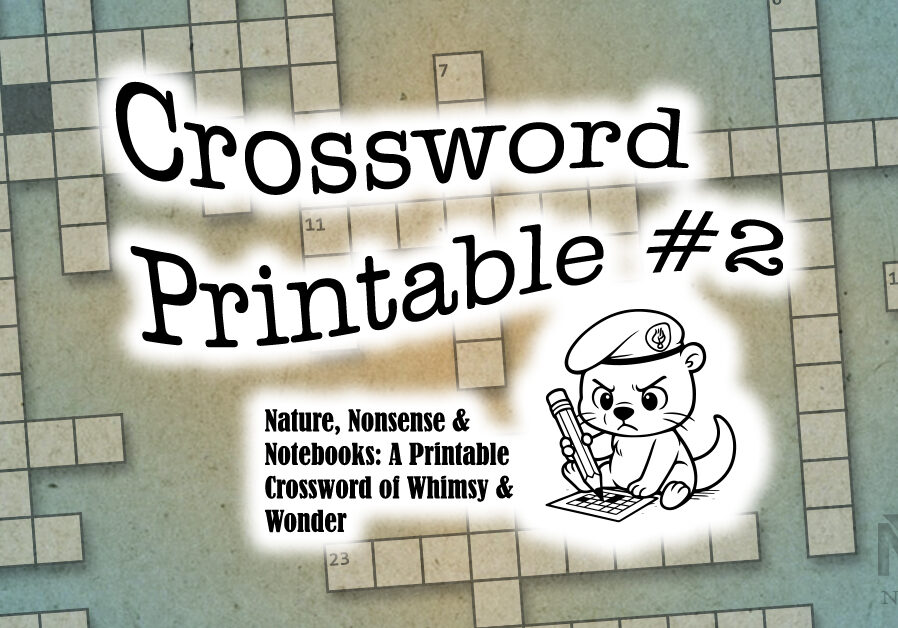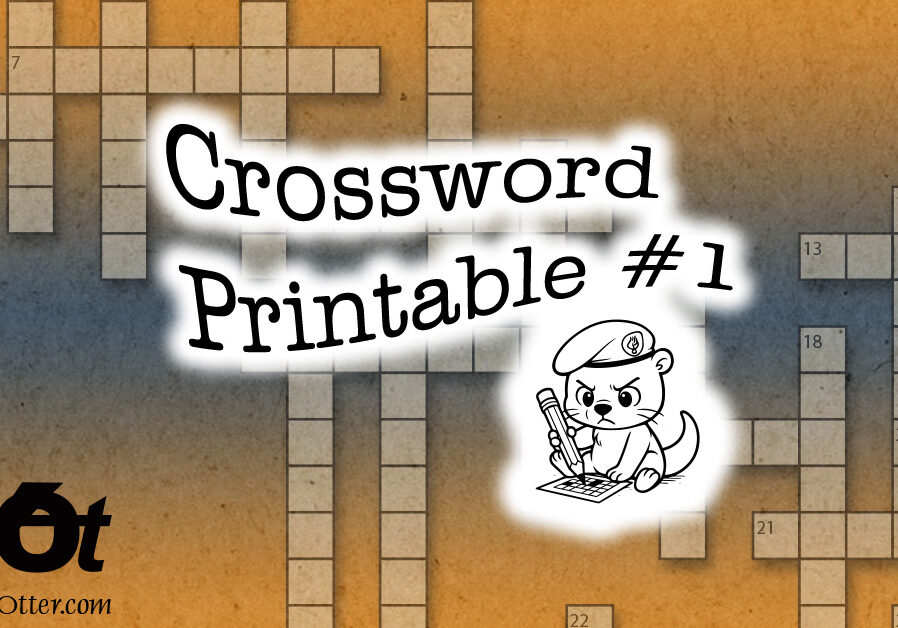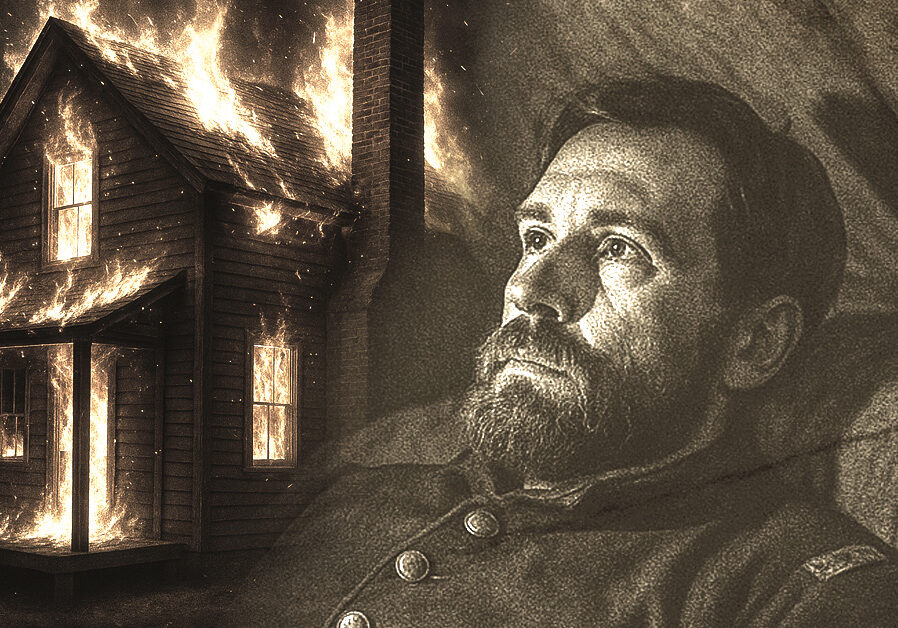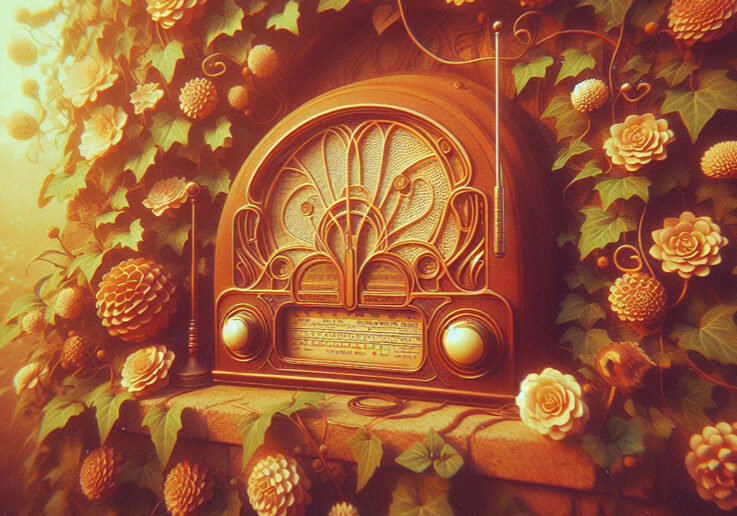The Journalist’s Responsibility
I have come to the conviction that anything I can publish on what will perhaps one day become my life’s work and/or legacy, is worth at least a B at a city college… and visa versa. That being said, I release to you an essay hot off the DeskJet (though with better print quality).
It’s a tad academically written, but still contains some of my personal style. And, it has no real insight into my mind till the end, but it’s stuff I guess needs to be said. Plus it fits with the preachiness of current entries.
So without further stalling…
The Journalist’s Responsibility
Every day, things happen… be it in our neighborhoods or across the globe. And, we as a people are often inclined to find out what happened, even if it has no direct bearing on our lives. However, we no longer rely on local gossip and hearsay; the world is just too big for that. We have to rely upon the mass media – networks of people working together (and sometimes against each other), trying to deliver up-to-date information when it happens.
One variety of person in these networks is the journalist. He or she is the person given the task of finding out and presenting the information. As one can imagine, being the middleman for news events carries some responsibility. In all media, journalists are supposed to remain as objective as possible.
In the United States media, the expectation is, along with the prior, basically to uphold the values of the Constitution. Jefferson called the press the “Fourth Estate” (a term alluding to checks and balances system), an element that acts to scrutinize the government and inform the public of its actions.
So, what’s a journalist to do when the U.S. government, or a section of U.S. society, goes astray from the Constitution? And, in the same breath, how does the journalist keep objective in such a situation? For the sake of this essay, the “Ten Commandments in Public Space” issue will be used as an example.
First of all, we must find out, “what happened?” There is no news if nothing happened. In this case, the First Amendment has allegedly been infringed. The journalist at this point should go over briefly what the amendment is. In this case it’s the issue of “secular government.” With this being answered, the obligation to the constitution has been fulfilled. The rest is of the job is now keeping the writing down the middle.
Then of course we follow up with the “who’s,” “when’s,” and “‘ “where”s”; thus establishing the basic facts of the situation. Each is straightforward enough to answer. After these come the two dicey questions – the “why” and the “how.” Both have subjective answers that need to be translated into objective wording… for that’s the only difference between objective and subjective, a few words.
“How” is not as bas as “why.” Actions are always easier to describe than the reasoning behind them. The “how’s” would follow thusly: The right would probably say something like, “A ‘Beacon of Faith’ was displayed in the courthouse’s rotunda.” The left would say, “A ‘Symbol of Over Present Theism’ was erected in the rotunda of the courthouse.” The objective journalist must stick to the facts and just report a representation of the Ten Commandments was placed in the courthouse. Does that mean that the rightist and leftist are no good in this report? No, but more on that in a second.
Now comes the “why,” the most unobjective question you’ll ever want to meet. In this case it would be the idealism behind the issue – Christian Government vs. Secularism. In order to keep the article objective, it would be logical to either touch only briefly on this point, or leave it out all together. Either way would be irresponsible. Without this element the report is nothing but raw data, and unusable to the common man.
Instead of obtaining objectivity by omitting items that would cause a bias spin – like opinions; the responsible journalist must include both sides in full. The and only then can the reader make use of the article. At the risk of using a cliched image, the basic facts are kindling and the opinions are the spark to get the ideas a flowing, or burning rather.
You get the picture.So now the article is finished. Both sides are equally covered, and the journalist’s nose is kept objectively out of the matter. Does this mean that reporter should never utter his is her opinion. No, of course not. This expression of personal opinion is also a responsibility of the journalist. Who better to form an educated opinion then the one who’s covering the story? Besides, I’m sure by the time the article is done the journalist is foaming at the keyboard waiting to blast the opposing opinion. Though this must happen elsewhere – either on a separate page/section, or a separate publication altogether (as not to force the reader to lean one way or the other).
Here it comes…
In this forum for opinion, however, I feel the journalist does not have to stay within the realm of “Constitutional Upholder.” This isn’t the first governmental framework the United States has had, so let’s not fool ourselves into thinking the current one is infallible.
Tada…The zinger of the day
That’s right the Constitution could use a little overhaul… but that’s enough for tonight, I’m tired.
For those of you in the dark about the US’s prior constitution, look for the Articles of Confederation. No, it’s nothing to do with the South rising again… this is the government we jumped ass-first into following the Revolution.
[scriptless]
Around the Otter
Previously in Word Search...
Sorry, we couldn't find any posts. Please try a different search.
Advertising







